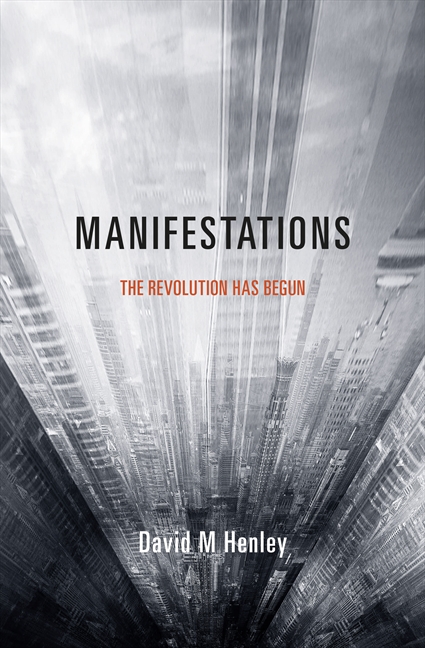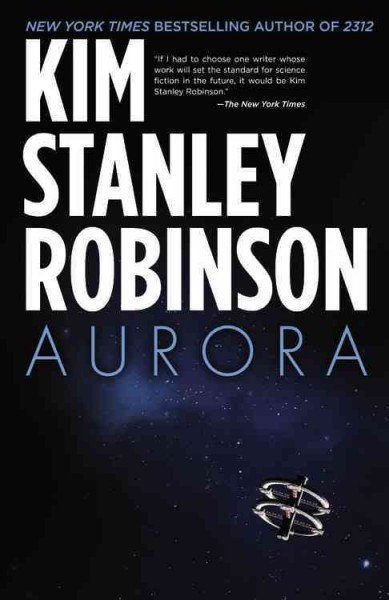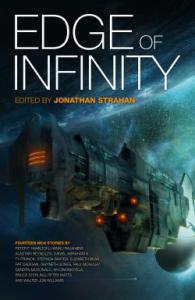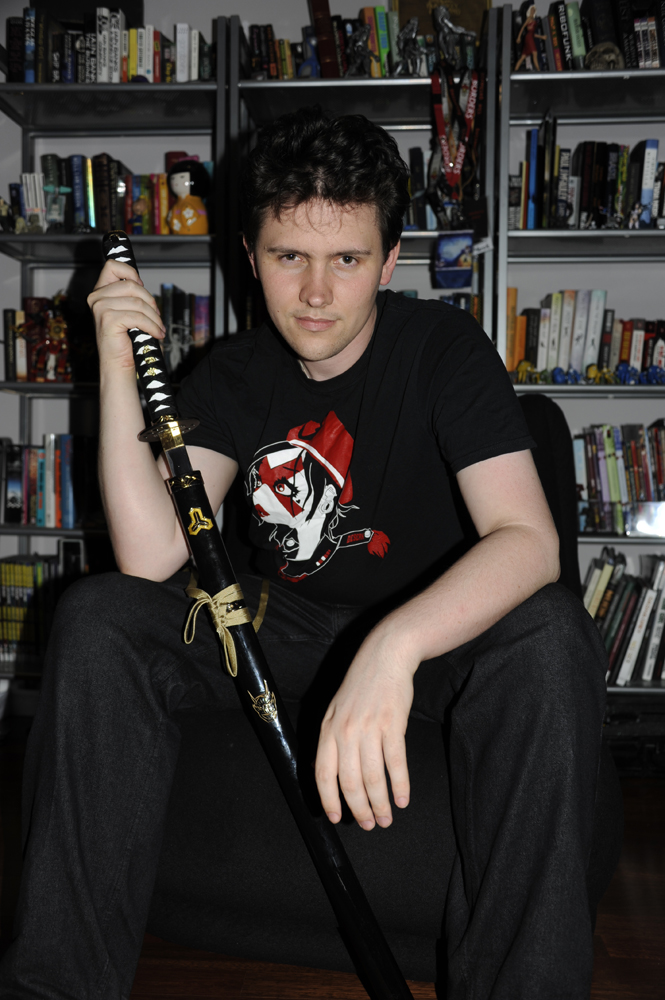
Jamie Marriage
Jamie Marriage is an internationally published Australian cyberpunk author with a taste for the dangerous and obscene aspects of life. His work ranges from the sarcastic to the satirical. Links to his work can be found at www.JamieMarriage.com
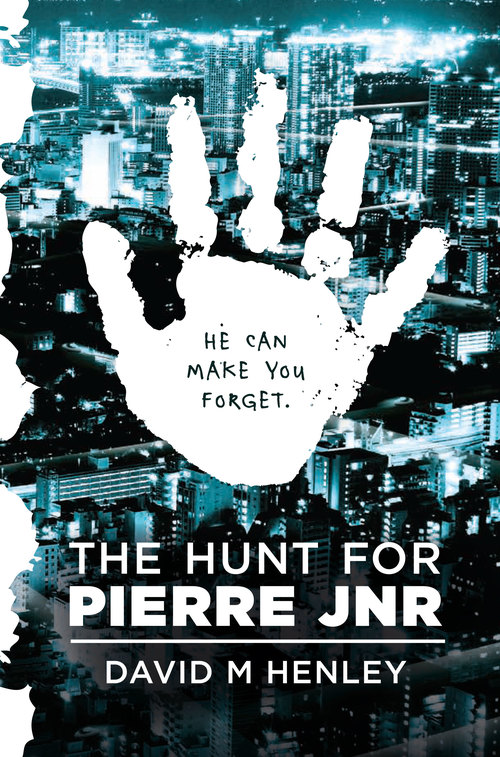 The notion of summarizing an entire trilogy in one brief review seems implausibly difficult, if not irrational in the extreme; the intense development of characters, the interplay of groups or philosophies, the twists and turns that halt the breath and make the reader re-read the same pages again and again for a deeper understanding boggle rationality. But this is required for The Pierre Jnr Trilogy by David M Henley. This is not a single book that stands all alone, but a creature, nay an organism, that is the sum of every part.
The notion of summarizing an entire trilogy in one brief review seems implausibly difficult, if not irrational in the extreme; the intense development of characters, the interplay of groups or philosophies, the twists and turns that halt the breath and make the reader re-read the same pages again and again for a deeper understanding boggle rationality. But this is required for The Pierre Jnr Trilogy by David M Henley. This is not a single book that stands all alone, but a creature, nay an organism, that is the sum of every part.
Broadly the trilogy is the story of persecution, revolution and evolution. It takes place on earth some years distant from our own. Past war and reconstruction, technological marvel and true horror, have left a world connected by technology to the point that mankind’s every interaction is monitored as both a measure of control and stability. There are now roughly only two groups that make up the globe’s twenty billion population: The World Union, the bulk of the population connected by The Will that takes consensus votes from every member as to any decision that is made within the Union; and the Psis, a telepathic and telekinetic sub-race born from the confusion of the last dark age, persecuted and vilified as the new monsters in the shadows.
This is also a story about Pete Lazarus, a telepath who can’t remember his past but wants to stop the one force bent on destroying everything: a young boy called Pierre Jnr.
The Hunt for Pierre Jnr
The first volume of the trilogy quickly builds setting and character for the arc that is to come. Pete Lazarus has decided, after years of hiding, to hand himself into the force bent on capturing every Psi on the planet and sending them to concentration camps amongst the artificial islands that dot the oceans. But his surrender is dependant on one condition; he wants to be part of the team that hunts Pierre Jnr, a mythical telepath so powerful that he controls everyone he encounters, but whom no-one can ever remember afterwards.
Pete is quickly introduced to other members of his hunting team; Colonel Pinter – also known as The Scorpion – retired services hero and seen as an expendable asset; an information operative of incredible skill, Geof Ozenbach; and Tamsin Grey, a telepath trained to hunt her own kind.
Henley uses this novel to set the scene for the rest of the trilogy. Here we learn how this new world functions, how The Will is everything and can change the very nature of society overnight, and how one wrong step for an entire group of peoples can land them in prison and permanently medicated in minutes.
When the mysterious Pierre Jnr manifests his powers in one of the world’s greatest megacities there is little doubt that this isn’t just a race to catch one little boy, but to save the very nature of mankind.
After the sudden release of an impossible force that consumes an entire city, the world union is thrown into disarray. Using this opportunity presented to them from a source unknown, the Psi’s of the world now unite under a common banner to claim the freedom they crave, even if it is at the expense of any non-Psi they encounter.
In this second volume, the World Union and its dogmatic leader Ryu Shima are now faced with two opponents. On one side is the revolution of a class of people he had spend his life suppressing, and who were now intent on establishing their own sovereign nation. On the other side, is the Beast of Busan, an all consuming black mass of unknown origin that swallows up man and machine alike.
This second novel is far more about development. Intense new characters are introduced and the bulk of the trilogy’s integral backstory is explained. This focus does little to detract from the action, however; as the revolution ascends so does the ferocity of its members and the retaliation of the World Union’s armed Services.
All of this buildup has to lead to something big…
This third volume is the culmination of everything up to this point. The Psi revolution that claims more members by the minute — be it voluntarily or through manipulation — the black mass that has enveloped more cities, the paranoia of the world’s leaders, and the intent of Pete Lazarus to achieve a resolution that doesn’t result in the death of everyone.
To dig deeper into this elaborate design would be to spoil what is an incredible journey of ethical and philosophical discovery.
David M Henley has created a trilogy that is both deeply complex and highly enjoyable. Every chapter, divided up with either lines of worship or warnings about Pierre Jnr, is a twist of the ethical knife. Be it influenced by The Will of the people, manipulation by the Psi’s or by Pierre Jnr himself, or pure self interest, each decision that must be made is a hard one. It serves to make the reader ponder their own reaction to the situation and to ask themselves what the right choice really is.
The Pierre Jnr Trilogy is truly a masterful work by an author who has a grasp on his world that begs for future interactions. With his distinct characters and swift narrative flow in a land both alien and familiar, Henley has penned something truly unique, yet at the same time very reminiscent of the great golden age science fiction writer/philosophers such as John Brunner, David Niven or Algis Budrys. A long read all-in-all, but one well worth it.








